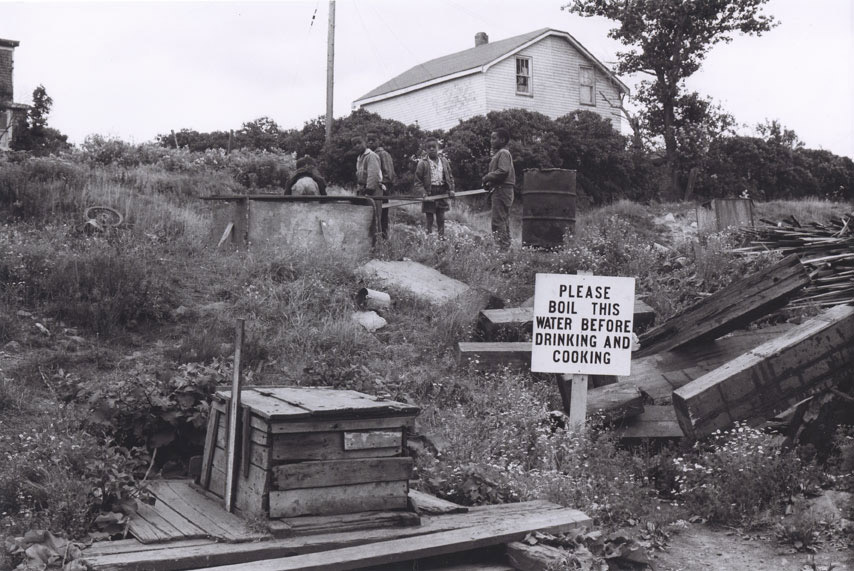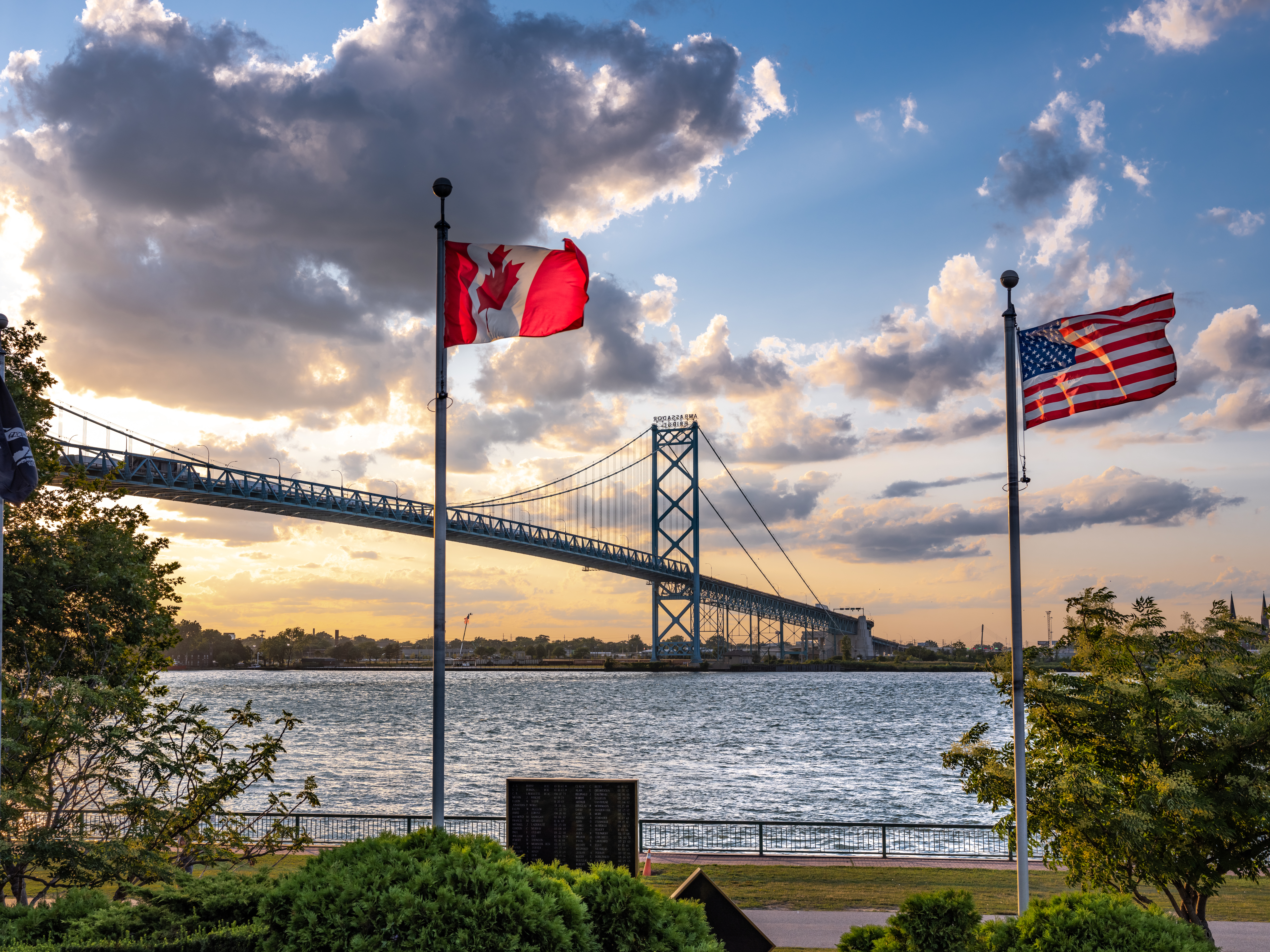
Why Canada’s unions are highlighting environmental racism during Black History Month
Environmental racism is the development and implementation of environmental policy on issues such as toxic waste disposal sites, pollution, and urban decay in areas with a significant ethnic or racial population. Believe it or not, Canada is not immune to these policies.
This Black History Month, Canada’s unions say there can be no environmental justice without racial justice: addressing anti-Black racism is an integral part of the conversation on environmental activism.
Alongside Canada’s Indigenous communities, Black and people of African descent are disproportionately burdened with environmental hazards. This environmental racism includes exposure to toxic waste facilities, garbage dumps, and other sources of environmental pollution that negatively impact quality of life and health outcomes.
Africville, a small, yet vibrant, Black community in Halifax, NS, is an important example of how anti-Black racism was perpetuated by environmental policies. Despite paying municipal taxes, the community was deprived of basic services such as access to clean water, sewage, and waste management. Africville’s proximity to the development of an infectious disease hospital, a prison and a garbage dump, over time, added to deplorable living conditions imposed by the City.
The residents, after 120 years of resilience, were subject to a forced and dispersed relocation. Often overnight, over the span of a number of years, residents had their personal items transported in garbage trucks and their homes demolished.
This forced relocation, after years of marginalization by the City of Halifax, impacted the community by displacing residents both from their homes and their place of work, therefore exacerbating their economic insecurity.
Today, compounded by the barriers to sustainable employment, pay inequities, and barriers to opportunities for advancement in the workplace, Black workers and their families are still exposed to harmful and often life-threatening conditions in their home communities.
Hogan’s Alley in British Columbia, Leamington in Ontario, and Shelburne in Nova Scotia, are only a few examples of Black communities faced with the serious challenge of environmental racism.
“In the case of environmental racism in Black communities, environmental justice is linked to economic justice and that is at the root of why this is a trade union issue,” said CLC Executive Vice-President, Larry Rousseau.
A UN Working Group of Experts on People of African Descent recommended that the “Government of Canada should encourage federal, provincial and municipal governments to seriously consider the concerns of African Nova Scotians and help to develop legislation on environmental issues affecting them.”
Ingrid R.G. Waldron, author of There’s Something In The Water: Environmental Racism in Indigenous & Black Communities, has said that although environmental racism has a disproportionate impact on Black and Indigenous communities, pollution travels to adjacent communities, meaning this injustice affects everyone and will require collective action.
“Ingrid Waldron’s research shows the true reach of this issue — it expands far beyond Nova Scotia. We can’t ignore or deny the history of mistreatment of Black communities across Canada. Canada’s unions can play a key role in connecting the dots between environmental justice and anti-Black racism,” said Rousseau.
Last February, the Federal Government acknowledged the International Decade for People of African Descent (2015-2024). While this recognition is important, more action is required. Canada’s unions and our allies are ready to take on the issue of environmental racism in Canada.
To learn more about anti-Black racism in Canada and how workers are challenging it, sign up here.





